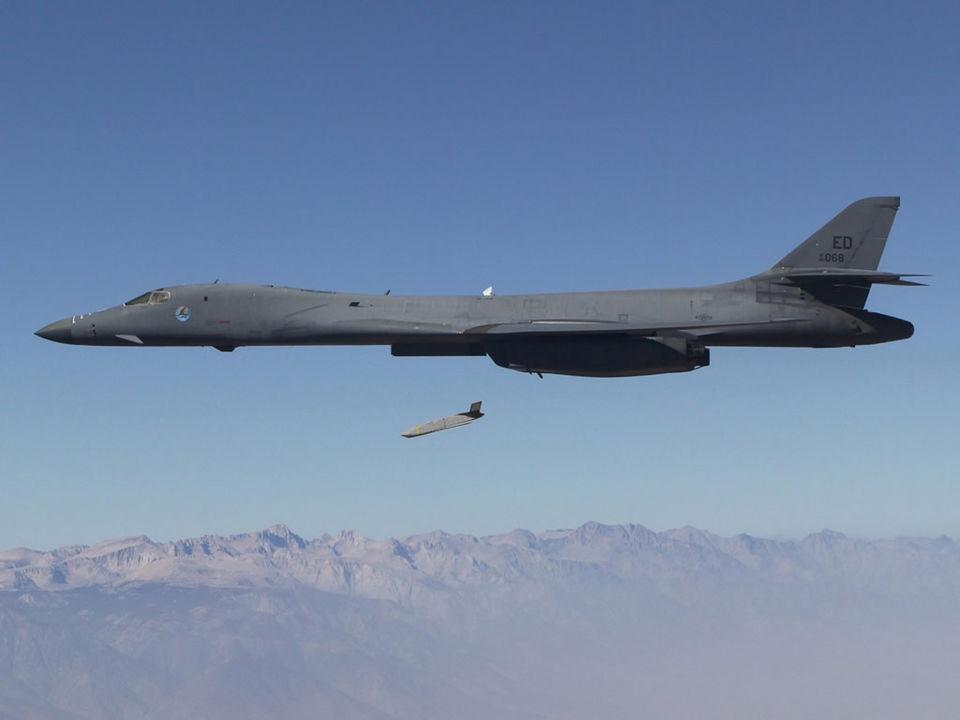Get Ya Wig Split
SENIOR MEMBER

- Joined
- Feb 22, 2017
- Messages
- 2,585
- Reaction score
- -2
- Country
- Location
Why China’s Bid To Become A Superpower Is Doomed To Failure
Contrary to popular perception, America’s two major political parties do not disagree about everything. When it comes to China, there is a bipartisan consensus that Beijing is America’s most important rival for global power.
That finding became the main focus of US military planning in 2018 when the Trump administration issued a new national defense strategy, stating that China “seeks Indo-Pacific regional hegemony in the near-term and displacement of the United States to achieve global preeminence in the future.”
Said differently, Beijing seeks to become a superpower that matches and then surpasses America in its mastery of the forces driving global influence.
This is no longer breaking news. The Chinese government has been openly stating its aspirations for years, and has made steady progress towards becoming the dominant economic and military power in the Western Pacific.
However, the rest of the world began pushing back as Beijing became more assertive. In addition, longstanding contradictions in Chinese domestic policy have begun to take a toll on Beijing’s plans. It now looks unlikely that China will ever attain America’s level of power in the world. Look at the data.
Economy. America, with 4% of the world’s population, currently generates about 25% of global GDP. That is the same share of global wealth it generated in 1990. China, with nearly a fifth of the world’s population, generates about 18% of global GDP.
That makes China a middle-income nation. Its per capita generation of wealth, about $13,000 annually, is roughly a sixth of America’s $76,000. So while China is the world’s second biggest economy, it only ranks 64th globally in per capita GDP.
The country’s ability to grow fast in the future is doubtful. The Wall Street Journal, noting extensive signs of decay in the Chinese economy, stated in a front-page headline on August 20 that “China’s 40-Year Boom Is Over.” It went on to cite sources such as the International Monetary Fund that project an annual growth rate through 2030 in the 2-3% range.
Demography. French mathematician and philosopher Auguste Comte is widely credited with coining the phrase, “demography is destiny.” By that measure, China’s future looks bleak, because it is aging faster than any other nation thanks to a government policy from 1979 to 2015 that allowed each family to have only one child.
The year the one-child policy became law, the average age of China’s population was 20. In 2024 it will reach 40. According to current projections, by mid-century 39% of China’s citizens will be beyond retirement age, saddling the society with a huge burden of caring for the elderly.
This problem is not going to fix itself, because Chinese women have stopped having babies. As of 2022, the fertility rate averaged 1.1—barely half the 2.1 babies per woman needed to stabilize the population. The challenge of a shrinking workforce is exacerbated by the government’s suppression of women’s rights; no women serve on the ruling Politburo.
Diplomacy. Chinese officials complain that Washington is trying to contain China’s growth. It’s true. The Biden administration has made strengthening US alliances the centerpiece of its strategy for the Indo-Pacific, and Beijing’s abrasive diplomacy has aided the administration in its efforts.
Many of China’s neighbors, from Australia to India to Japan to the Philippines to South Korea, have taken firm stances in opposition to Beijing’s policies. Beijing’s embrace of Russia following the invasion of Ukraine has resulted in unprecedented cooperation between European NATO nations and US allies in the Pacific.
Even Germany, which in the past has sought to avoid tensions with Beijing to protect its commercial interests, has now issued a strategy document describing China as a “systemic rival.” The Ukraine debacle has made Moscow more favorably disposed to Beijing, but like China’s other friends, Russia looks more like a dependency than an ally.
Security. China generates about 13% of global military spending. The United States, at 39%, spends three times more. Even after correcting for purchasing-power disparities, it is clear that the Biden administration’s request for $886 billion in defense spending during the fiscal year commencing October 1 will dwarf Beijing’s level of effort.
The People’s Liberation Army has not seen significant combat since it fought Vietnam in 1979, and thus its performance in conflicts is uncertain. America’s joint force, in contrast, has been continuously engaged in overseas military action since 9/11. Although Beijing speaks occasionally of trying to seize Taiwan by force, it lacks the wherewithal to do so and fears the consequences of confrontation with America. Washington is aiding Taipei in its buildup of defensive forces, including most recently the sale of precision targeting devices for F-16 fighters.
Critics of China in Washington frequently express alarm at the pace of Beijing’s naval shipbuilding program, but a handful of US bombers equipped with stealthy antiship missiles would make quick work of the Chinese fleet in a war. Washington and its allies are steadily increasing their investment in technology needed to track and target shipping in the region.
Technology. China’s economic growth over the last four decades has been enabled more by cheap labor than advanced technology. Now that the availability of low-cost labor is waning, Beijing needs to grow its indigenous technology base. However, China tends to perform better in industrial activities than in leveraging the potential of the software-driven digital revolution.
The Biden administration intends to keep it that way by limiting the availability of chipmaking technology, blocking access to cloud computing services, and pressuring companies to limit their China tech investments. MicrosoftMSFT +1%, a big employer of software engineers in Beijing and Shanghai, has recently moved to shift its Chinese talent offshore.
I could go on to address the reserve-currency dominance of the dollar and other sources of US strength, but the bottom line is that China probably will never match America’s power, much less surpass it. A combination of smart policies in Washington and deep-seated defects in China precludes the Middle Kingdom from ever being a true superpower.

Why China’s Bid To Become A Superpower Is Doomed To Failure
China makes no secret of its aspiration to surpass America in global power, but the data don't point to that outcome.
 www.forbes.com
www.forbes.com









